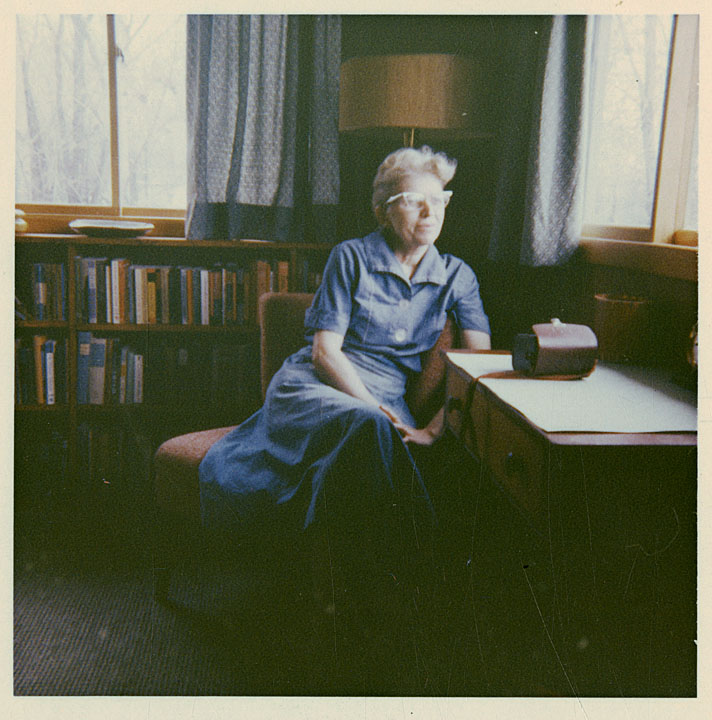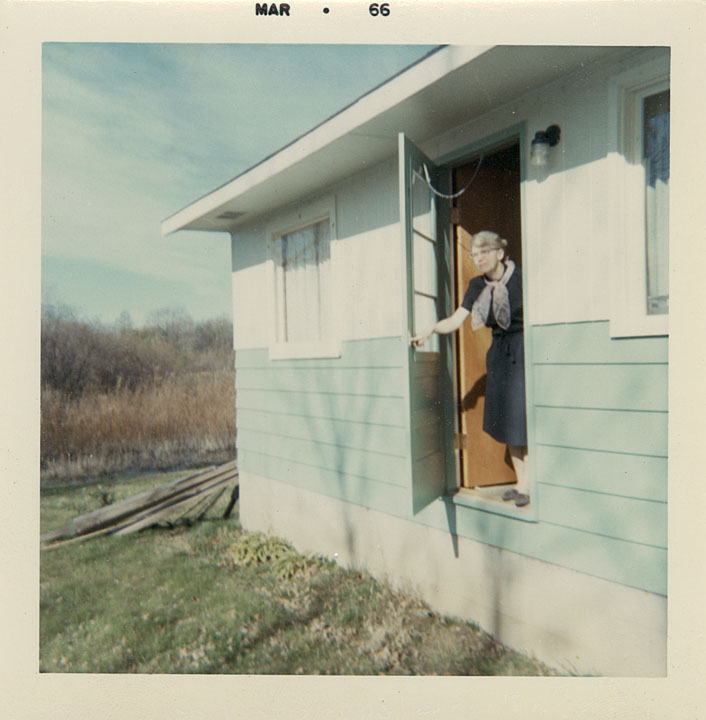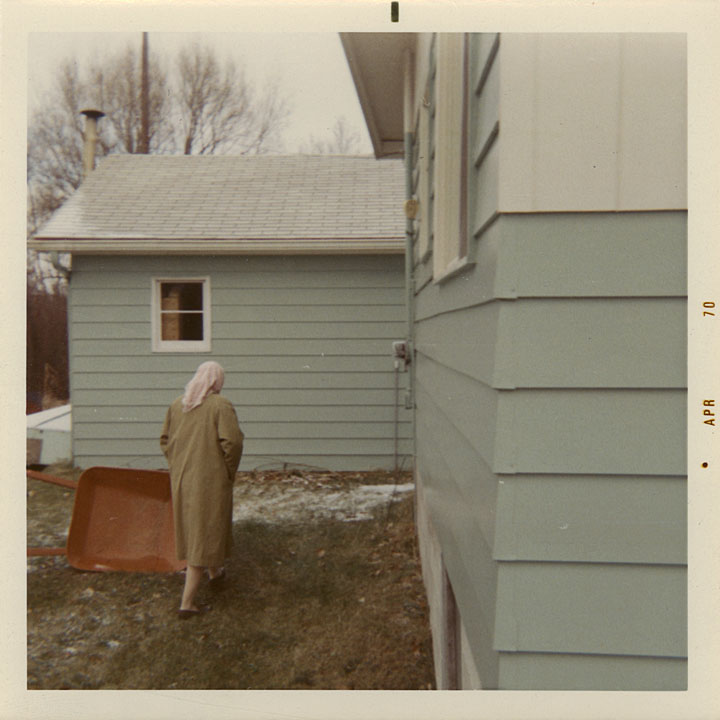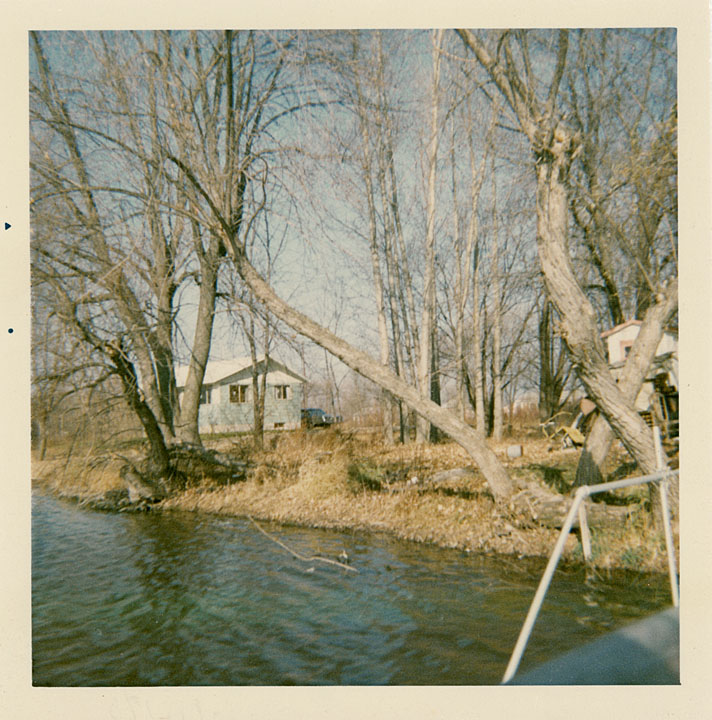


LOUISE BOURGEOIS
HEART AND SOUL NEBULAS
.
Nameless for Millennia
the Venus of Willendorf was figurative
first and foremost,
a figure of the ripe fat flesh folds:
On the first night, he told her,
“You smell like a cookie.”
Her embouchure pushes through and
“How I want to bite you.”
See the sand colored dunes that drift and shift
See the accumulation
and the rondure of the hills,
soft curvature,
totality of rotation that comes under the pressure of a flat palm pushing down.
I see the moon
and its tenderness has tilted me.
I see the moon and its face turning towards me,
turning off to infinity,
turns its face to face me
turns away to infinity.
Funnels her river there, the current leaks tide
her nipples peaking from the water's bed
dip between the rustling grasses.
A soft hand parts where the mud feels cold
slits the silt open like an envelope,
wet folds with tongue
are pressed firmly to send her off and away.
Corporeal undulations echo over eternity.
However,
the thread of her corn rowed head
is a hand basket afloat in oblivion.
Even at the party, nameless, navel gazing,
he asked her, “so what is it with the constant self-reflexivity thing?”
Her gaze focused on the fat lady's thighs.
He called her Venus as if she'd been missing for millennia.
.
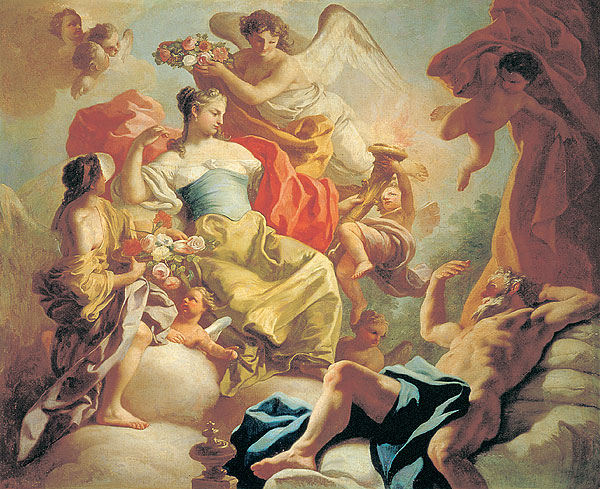
— era um mundo de se comer com os dentes, um mundo de volumosas dálias e tulipas. Os troncos eram percorridos por parasitas folhudas, o abraço era macio, colado. Como a repulsa que precedesse uma entrega — era fascinante, a mulher tinha nojo, e era fascinante.
-Clarice Lispector
Clarice was tiny. She stood only two or three feet tall. She had little golden curls that spilled in tendrils around her face and her face was the face of a cherub, plump and rosy. She did appear so that everyone always had the same thing to say when seeing her for the first time, “oh. You are sweet,” and they truly believed and they were surprised when she spoke: “is that your computer?” her sharp, child’s finger pointing at the woman in the bank who blinked in a way that made her eyelids widen and her eyeballs switch to the other side of her head.
Clarice was tiny because at that point she had only been in the world for a few years. Clarice’s parents took her to the beach. They took Clarice to the beach all the time. The water was a dull turquoise. The red tides cluttered the white sand with broken shells and washed up stars. They dressed her in a blue suit with pink and orange ruffles that floated up around her fat cherub thighs when she sat in the thick, salty water. She was thirsty. She was a jellyfish caught in a hot little tide pool left at noon, abandoned by the sea momentarily until it came to lap her back up again, to rock her in the waves with all of the other fishes instead of drying out alone underneath the sun. She wanted so badly to drift about in that ocean.
